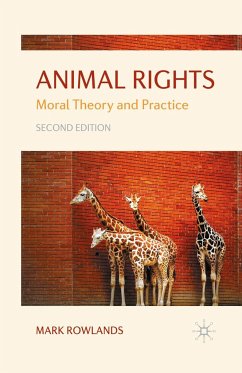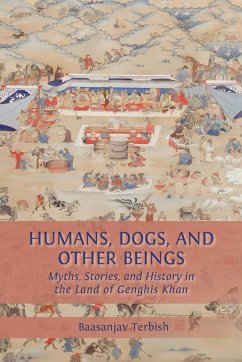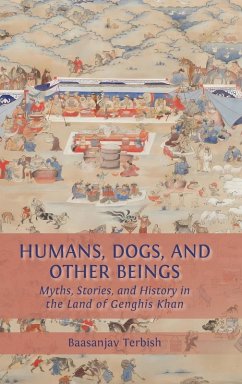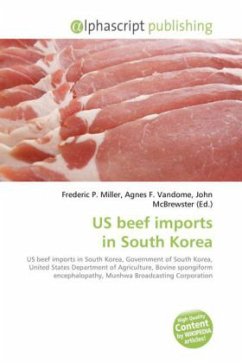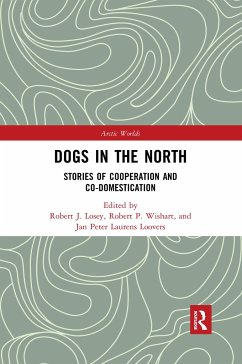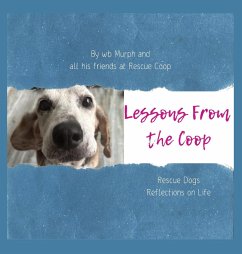
Dogs and Cats in South Korea
Itinerant Commodities
Versandkostenfrei!
Versandfertig in 1-2 Wochen
53,99 €
inkl. MwSt.
Weitere Ausgaben:

PAYBACK Punkte
27 °P sammeln!
Dogs and Cats in South Korea: Itinerant Commodities shows that though dogs and cats are consumed in the millions each year, they are recipients of both cruelty and care in a very unique way compared to other animal species in South Korean society. The anti-imperialist and postcolonial stances associated with the consumption of dogs and cats in South Korea are oversimplistic. Stereotypes by societies that do not eat these animals overshadow the various ways in which South Korean citizens interact with them, including companionship. In fact, many dogs and cats go from companion to livestock, and...
Dogs and Cats in South Korea: Itinerant Commodities shows that though dogs and cats are consumed in the millions each year, they are recipients of both cruelty and care in a very unique way compared to other animal species in South Korean society. The anti-imperialist and postcolonial stances associated with the consumption of dogs and cats in South Korea are oversimplistic. Stereotypes by societies that do not eat these animals overshadow the various ways in which South Korean citizens interact with them, including companionship. In fact, many dogs and cats go from companion to livestock, and from livestock to companion, demonstrating that the relationships with these creatures are not only complex, but also fluid. The trajectories of the lives of dogs and cats are never linear. In that sense, individual dogs and cats in South Korea are itinerant animals navigating an exchange system based on culture, economics, and politics. With nuance and cultural understanding, Dugnoille tells the complicated stories of these animals in South Korea, as well as the humans who commoditize and singularize them.





